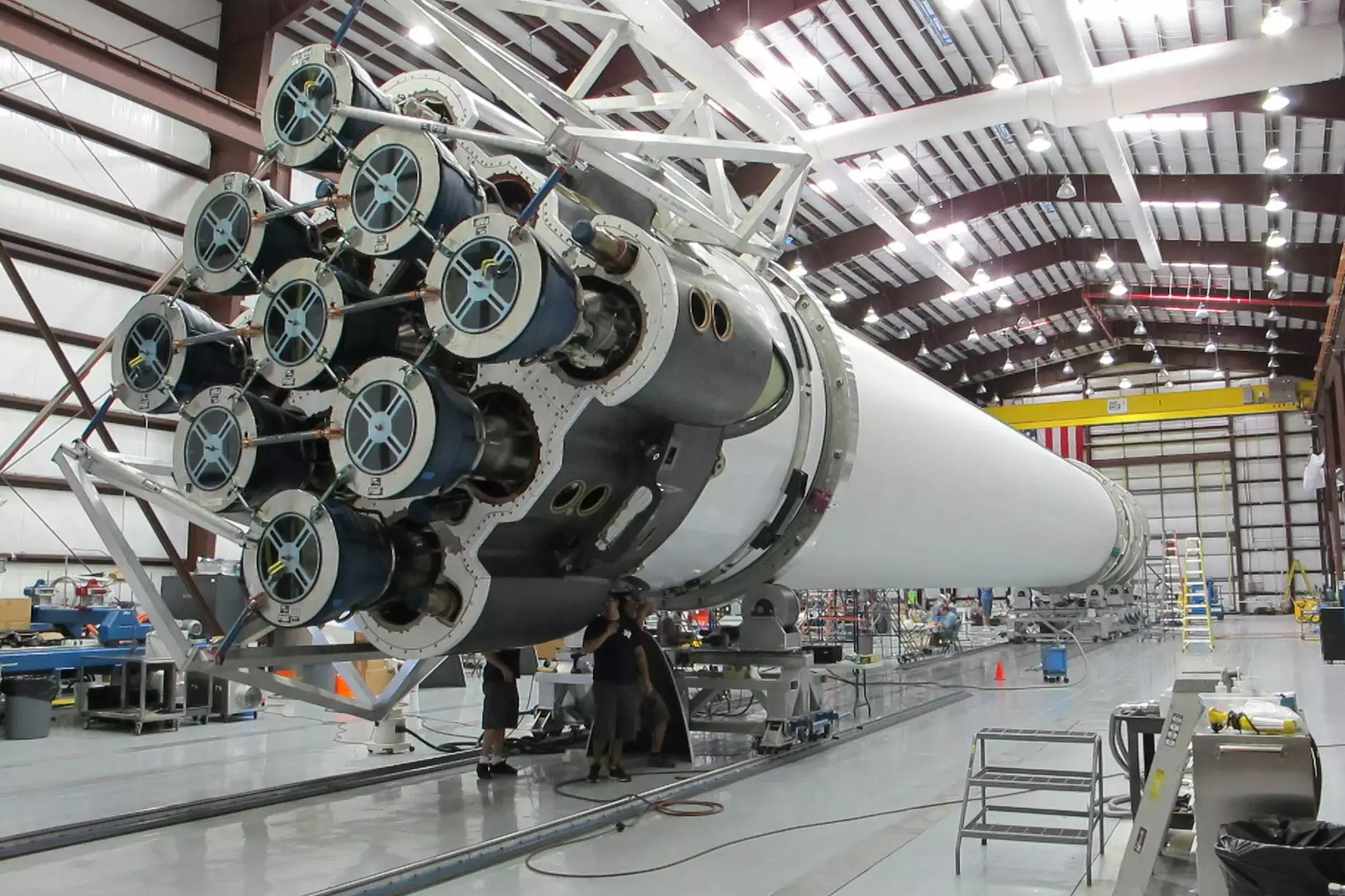How Has Technology Changed the Retail Industry

Technology has profoundly transformed the retail industry, revolutionizing the way businesses operate and how consumers shop. In this article, we will explore the various advancements and their impact on the retail landscape, highlighting the key changes brought about by technology.
The Rise of E-commerce
One of the most significant changes in the retail industry is the rise of e-commerce. With the advent of the internet, online shopping has become increasingly popular, offering convenience, choice, and competitive prices to consumers. E-commerce has allowed businesses to reach a global audience and operate 24/7, breaking down geographical barriers and expanding market opportunities.
The emergence of e-commerce platforms like Amazon, eBay, and Alibaba has transformed the traditional brick-and-mortar store model. Businesses now have the option to establish an online presence, providing a seamless shopping experience to customers from the comfort of their homes. This shift has led to increased competition and the need for retailers to adapt their strategies to thrive in the digital age.
Mobile Commerce and Personalization
The proliferation of smartphones and mobile devices has further accelerated the transformation of the retail industry. Mobile commerce, or m-commerce, allows consumers to shop on-the-go, enabling effortless browsing and purchasing through mobile applications and responsive websites.
Moreover, technology has enabled retailers to personalize the shopping experience, leveraging customer data and behavior to offer tailored recommendations and promotions. By analyzing past purchases, browsing history, and demographic information, businesses can create personalized offers and curated product suggestions, enhancing customer engagement and loyalty.
Inventory Management and Supply Chain Optimization
Advancements in technology have also had a significant impact on inventory management and supply chain optimization. The implementation of sophisticated inventory management systems has streamlined the ordering, tracking, and fulfillment processes, reducing stockouts, minimizing waste, and improving overall efficiency.
Furthermore, technologies such as RFID (Radio Frequency Identification) and barcode scanning have enabled real-time inventory tracking, providing businesses with accurate insights into stock levels, product movement, and demand patterns. These tools facilitate effective inventory management and demand forecasting, allowing retailers to optimize their supply chain and minimize operational costs.
Enhanced Customer Experience
Technology has enhanced the overall customer experience, both online and offline. In physical stores, retailers have embraced various innovations to create immersive and interactive environments. For instance, interactive displays, digital signage, and virtual reality experiences captivate customers, driving engagement and increasing footfall.
Online, retailers have implemented user-friendly interfaces, secure payment gateways, and efficient search functionality to provide a seamless and satisfying shopping experience. Furthermore, technologies like chatbots and live customer support have improved customer service, providing instant assistance and answers to inquiries.
Data Analytics and Business Intelligence
Another significant change brought about by technology in the retail industry is the availability of vast amounts of data and the ability to extract valuable insights. Through data analytics and business intelligence tools, retailers can uncover trends, patterns, and customer preferences, enabling data-driven decision-making.
With the help of technologies like machine learning and artificial intelligence, retailers can predict consumer behavior, optimize pricing strategies, and personalize marketing campaigns. This data-driven approach facilitates targeted advertising, improves product offerings, and ultimately drives sales growth.
Conclusion
In summary, technology has dramatically changed the retail industry, reshaping the way businesses operate and how consumers shop. The rise of e-commerce, the proliferation of mobile commerce, advancements in inventory management, enhanced customer experiences, and the availability of data analytics and business intelligence have all contributed to this transformation.
As technology continues to evolve, retailers must stay attuned to emerging trends and implement innovative solutions to thrive in the dynamic retail landscape. Embracing technology-driven strategies will not only help businesses stay competitive but also enhance the overall shopping experience for consumers.










